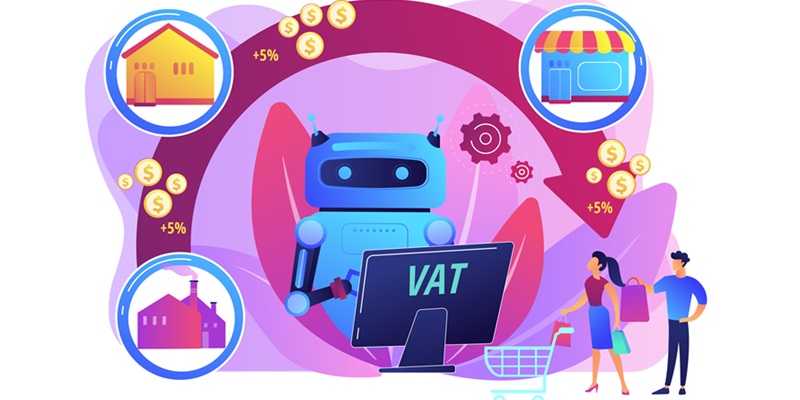In today’s rapidly digitizing world, artificial intelligence (AI) has brought significant advancements to various industries. One area where AI is making a substantial impact is in payments. AI-enabled payments provide a multitude of benefits, including improved efficiency, heightened security measures, and an enhanced overall payment experience.
Consumer Usage Statistics
The pervasiveness of AI-powered technologies is evident in consumer behavior. A staggering 80% of consumers use AI-powered online search engines, harnessing their capabilities to find information quickly and effortlessly. Additionally, more than half of consumers leverage navigation apps or devices that utilize AI algorithms to provide personalized directions and recommendations. This widespread adoption demonstrates the growing reliance on AI in everyday life.
Generation Z’s Familiarity with AI
Among consumer groups, Generation Z stands out for their high level of familiarity with AI. A study reveals that 65% of Gen Z consumers consider themselves well-versed in the technology. This familiarity is likely due to growing up in a digital age where AI-driven technologies have become the norm.
Statistics on AI Familiarity
Interestingly, income level impacts the level of familiarity with AI. The study shows that almost half of consumers earning over $100,000 per year are highly familiar with AI. It suggests that higher-income individuals may have greater exposure to AI-driven technologies and are, thus, more comfortable with their use.
Concerns of High-Income Individuals
Despite their familiarity, concerns about overdependence on AI exist within the high-income group. This indicates that even those who are well-acquainted with AI recognize the need for a balance between technology and human involvement.
Generational Preferences
Different generations display varying levels of interest in AI-enabled experiences. Gen Z, millennials, and bridge millennials show notable interest in AI-enabled shopping experiences, recognizing the value it brings in terms of convenience and personalization. In contrast, Gen X displays below-average familiarity with AI and may require more education about its benefits.
Gen Z’s Keen Interest in AI-Powered Shopping
Around 60% of Gen Z consumers express a keen interest in AI-powered shopping, appreciating the ability of AI algorithms to curate personalized recommendations and simplify their purchasing journey. However, slightly fewer Gen Z consumers, about 53%, show interest in AI-enabled banking services, indicating a greater focus on shopping experiences rather than financial transactions.
Women’s Interest in AI’s Role
Women exhibit slightly higher interest in AI’s role in shopping compared to banking, mirroring a trend observed among men. This could be attributed to a preference for personalized and curated experiences that AI can offer in the shopping realm.
Preference of Higher-Income Individuals
Higher-income individuals also express a preference for AI-enabled shopping experiences. This is likely tied to their higher expectations for convenient and efficient services, as well as their greater exposure to AI technologies.
The Role of Companies Embracing AI
Companies that embrace AI are not only transforming the current customer experience but also driving the growing demand for AI-powered payments. By leveraging AI algorithms to analyze data, companies can provide personalized recommendations, streamline payment processes, and enhance overall customer satisfaction.
Importance of Customization
To ensure that the advantages of AI-powered payments reach a diverse customer base, service providers must adopt a flexible and inclusive strategy. This involves customizing features to accommodate varying customer preferences, taking into account factors such as generation, gender, and income level.
Strategies for Service Providers
Service providers should invest in comprehensive customer research to understand their target audience deeply. This will help in tailoring AI-enabled payment solutions that meet customers’ specific needs and expectations. Additionally, offering user-friendly interfaces, ensuring transparency in data usage, and providing reliable customer support will further enhance the adoption of AI-powered payment services.
AI-enabled payments have emerged as a game-changer, offering improved efficiency, enhanced security, and an elevated customer experience. With Generation Z leading the way in AI familiarity, it is clear that this technology will continue to impact consumer behavior. Companies embracing AI are reshaping the current customer experience and driving the growing demand for AI-powered payments. To ensure the advantages of AI reach a diverse customer base, service providers must adopt a flexible and inclusive strategy, customizing their features to accommodate varying customer preferences. As AI continues to evolve, it holds great potential for further revolutionizing the payments landscape.

